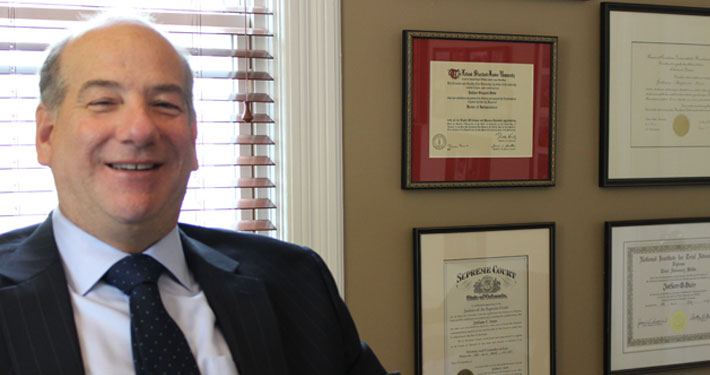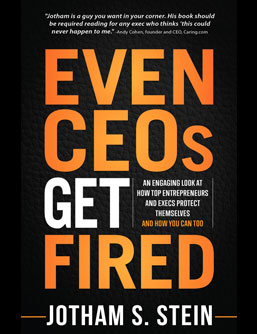FAQs


When should I retain independent counsel?
It is beneficial to retain independent counsel when entering a new business relationship to ensure your interests are protected from the beginning. Think of the employment agreement as the “professional prenuptial agreement.” We can hope a professional relationship will last forever, but for myriad reasons it may not. If a severance and equity protection agreement is negotiated before employment begins, then you have one less thing to worry about at the end and probably more leverage than you would otherwise have. Those who take a job without the help of a lawyer may also first retain counsel during a merger and acquisition, mid-employment and, while not ideal, at the end of a professional relationship.
Why do I need my own counsel when negotiating executive compensation?
Employer’s counsel typically has the employer’s interests at heart and is looking out for the employer’s bottom line, not the executive’s. Executives need to arm themselves with someone who is skilled and has their best interests at heart and is not afraid to “redline” and return the employer’s drafted documents as often as necessary. At the end of a business relationship, it is wise to have someone with experience and perspective advising you, especially in emotion-laden or high value situations.
What is required to ensure an executive is well represented?
Skilled executive employment lawyers should be well-versed and knowledgeable in the applicable laws in the field including, but not limited to, employment, securities, contract, and intellectual property law. Representing executives and entrepreneurs also requires practitioners to know the typical documents that comprise a deal, know how to apply relevant facts to the law, know the market for executive and entrepreneur compensation, and know what typically matters and what does not. Representing executives and entrepreneurs requires having (or learning) negotiation skills. Equally important, a successful practitioner must act as a “lay psychologist,” which sometime means hand holding and other times translates to asking the hard questions or breaking the news the executive doesn’t want to hear. All of this is covered extensively in the book.

 EVEN CEOS GET FIRED
EVEN CEOS GET FIRED